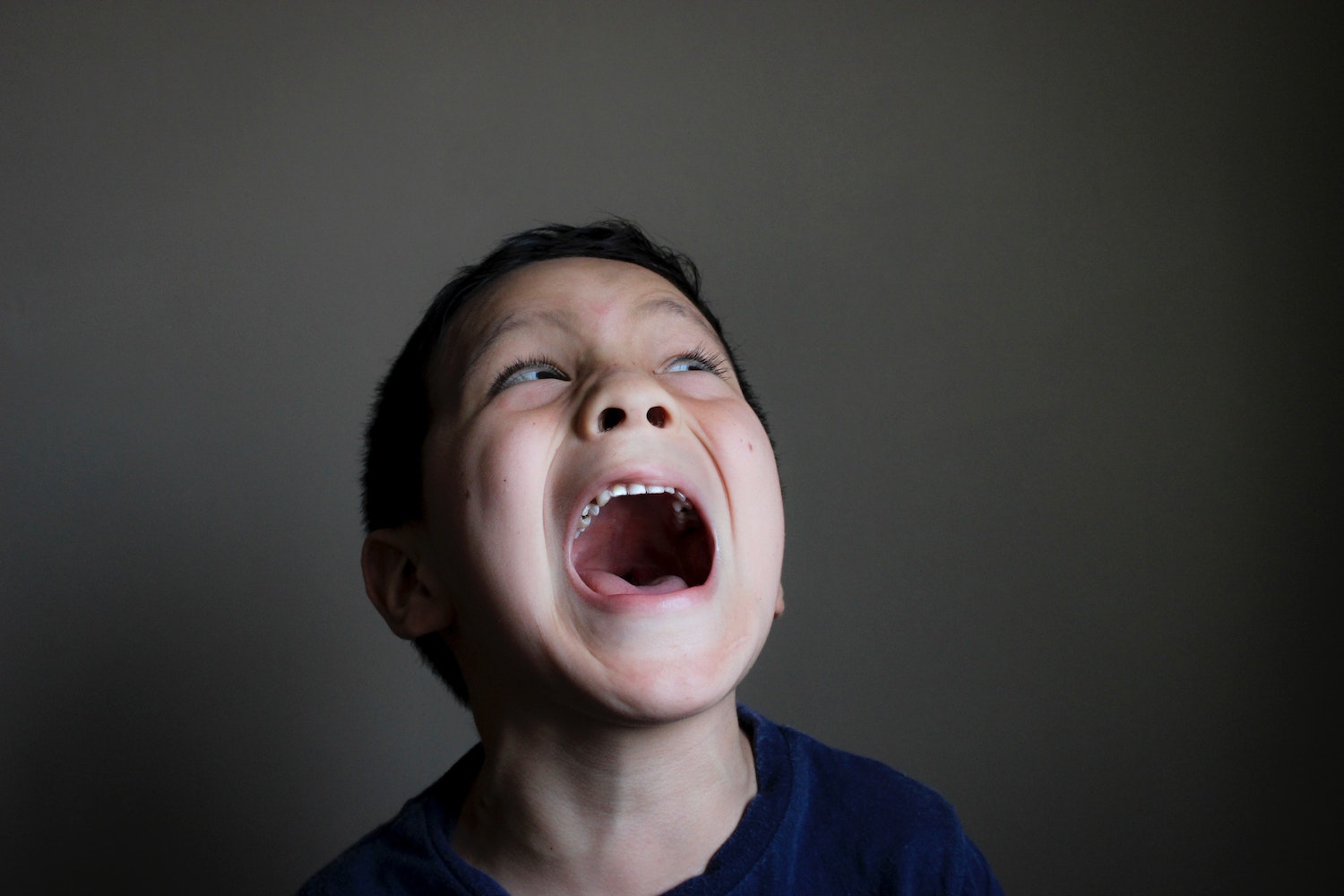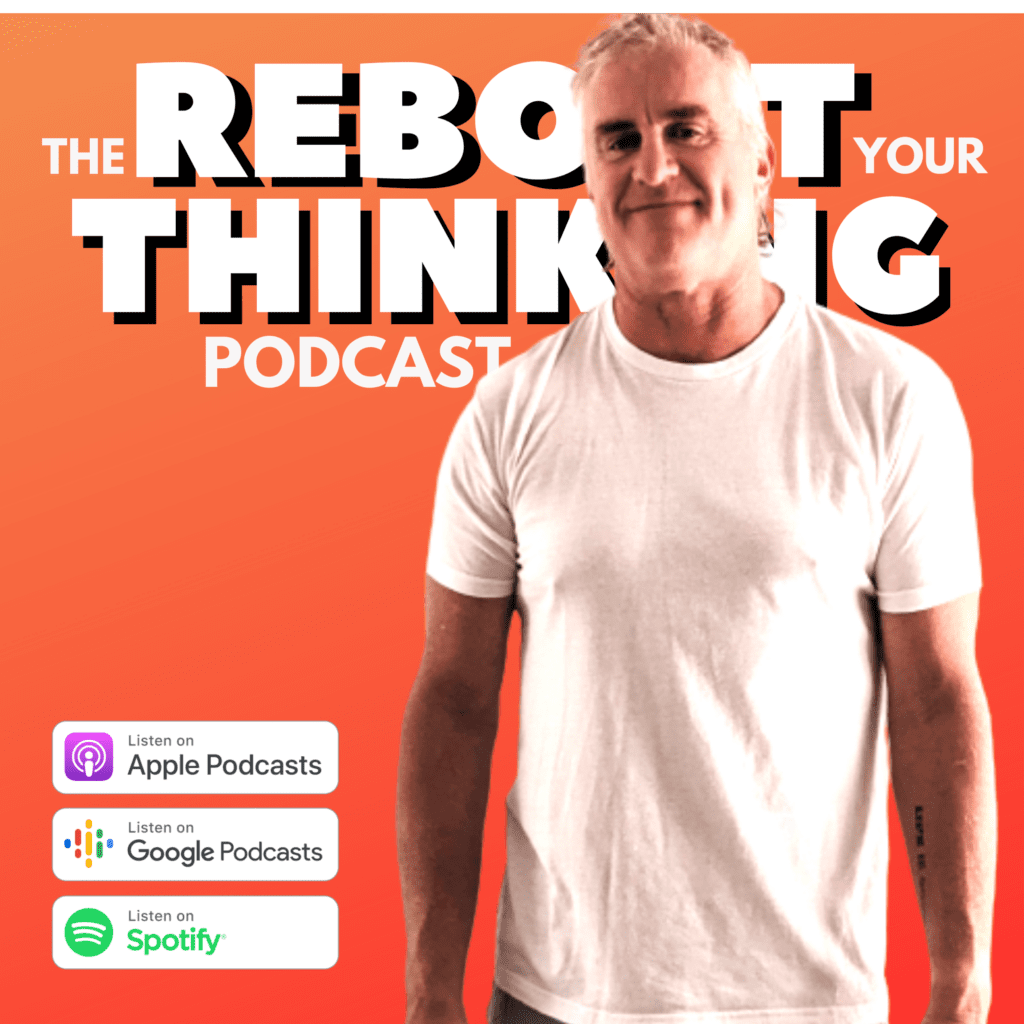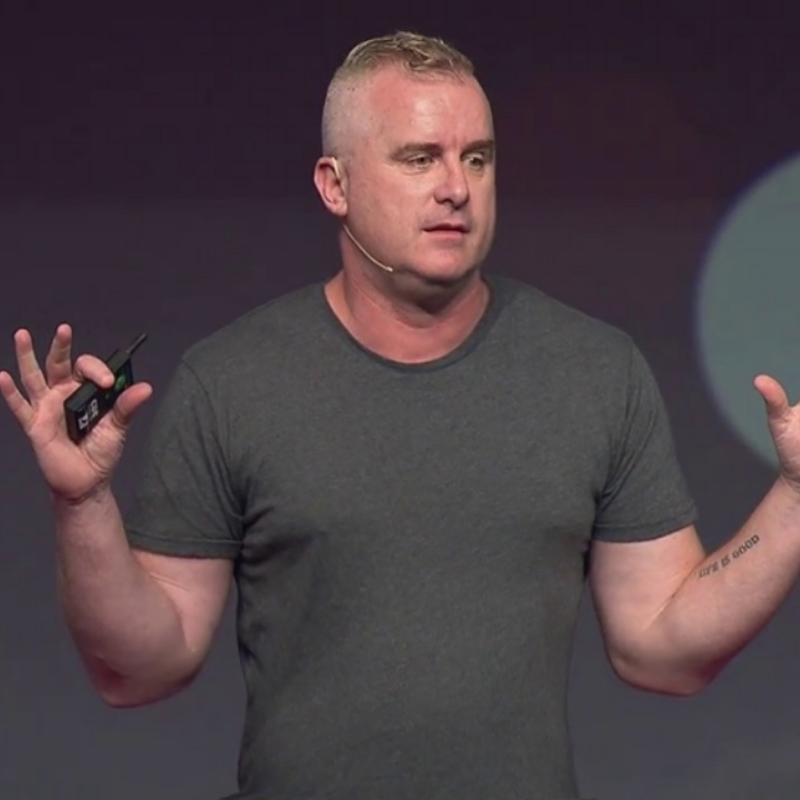Dan Siegel is a parenting and brain development expert. His insights into how children and adults sometimes resort to activating the most primitive parts of our brain because a situation becomes so emotional or so many other things are going on for us that we can’t clearly reason, problem solve and find a resolution.
Siegel talks about ‘rupture and repair’ to describe the very necessary process of making up for a momentary and impulsive loss of control.
He says that ruptures are simply when the nurturing connection between a parent and a child has been broken. He also says, reassuringly, that these breaks are inevitable, although some ruptures are far more toxic and impactful and devastating than others.
Relationships, like people, can bend without breaking.
In fact, all relationships have ruptures from time to time. Any relationship that never even feels a ripple, far less a rupture, is pretty unique. Sometimes I hear people say that they ‘just never fight’ with their partner, or they intimate that they have somehow found the perfect partner for them and there is no need to fight or argue. What I make up when I hear people say this, is that it may well be true, but I also wonder if it just indicates that one or both people in the relationship just does all they can to avoid any conflict or difference of opinion at all.
Few of us like having a fight with our partner, although I have actively sought out conflicts and arguments in my less-than-healthy moments to validate my own disapproval of myself. It’s not a great feeling to be wronged by someone who’s in a relationship with you, and it’s not that great knowing (or finding out) that you are actually the cause of that conflict.
In a parent-child relationship, that feeling can be made even worse, for both parties.
But I know that in my case anyway, a fight or argument in a relationship is very rarely about the acute thing that has happened, that either I, or the other person, has done in that moment. The rupture, usually, started a while back, and the blow up is just the tip of the iceberg.
How the rupture appears.
As I write this now, the great majority of ruptures that happen in our family at the moment, occur between my seven year old daughter and me.
She is headstrong, wilful, determined, clever, and she knows what her needs are, and is happy to speak up to have them met. She is just as I want her to be. The problem is, I am all those things too (possibly with the exception of clever), so we butt heads. A lot.
It is often, if not always, about nothing really. Something that either one of us could have let go well before tensions rose enough for us to have a screaming match. Look, I’m not proud of having screaming matches with a 7 year old
OK? But it happens.
You know I’m a fan of reframing thinking, so I actually think about these ruptures being opportunities. They rarely feel like one in that moment, of course.
Psychologist Adam Rodriguez says, “The rupture is rarely, if ever, the important part. The repair is critical. In fact, ruptures are actually opportunities to strengthen relationships. If a rupture can be repaired, it demonstrates to each person that the relationship is solid enough to withstand when things get bad and even ugly. It sends the message that the relationship will survive problems. This is important, because the relationship will have problems.”
Every time there is a rupture in the relationship between my daughter and I, for example, it presents us with a few different opportunities.
Firstly, there is the opportunity for us to look at what lead up to the rupture, how long and passive this lead up might have been, what resentment or feelings of loss or neglect have started it off, and so on.
There were probably many times along the line in the lead up to the rupture where one or both of us could have actually proactively intervened and avoided all of the angst we are now feeling together.
Secondly, there is the opportunity to grow, both as individuals as well as in our traditional parent-child relationship. Growth is always good.
And lastly, there is the opportunity to repair. To evaluate everything that lead up to the rupture, how we acted and what we said during the rupture, and for both us to be determined to make sure the next rupture is both less impactful, and much further away.
WATCH
How to successfully build
an integrated child.
You will notice that I don’t say there is an opportunity for this never to happen again. She is, after all, a very determined and stubborn 7 year old, and I am also a very determined and stubborn 7 year old, trapped in a 45 year old man’s body.
Why should I repair the rupture?
Because what’s the alternative, a continuing passive-aggressive standoff with a 7 year old? What is the possible benefit of that? And what is going to be my net loss from just repairing the rupture and moving forward? That I lose some face or take a hit to my adult ego? I will probably survive that.
Who is responsible for repairing the rupture?
Well, if the rupture is between an adult and a 7 year old, the answer should be pretty obvious. Even if the rupture is between two adults, I still think there is little to lose and pretty much everything to gain in being the first person to offer the pathway to repair. Now, I get it. Ego and stubbornness and self-righteousness are not exactly strangers to me, so I know how hard that is sometimes, but I just keep coming back to asking myself ‘what is the point of hanging on to this shit’?
Psychologist Adam Rodriguez says, “The rupture is rarely, if ever, the important part. The repair is critical. In fact, ruptures are actually opportunities to strengthen relationships. If a rupture can be repaired, it demonstrates to each person that the relationship is solid enough to withstand when things get bad and even ugly. It sends the message that the relationship will survive problems. This is important, because the relationship will have problems.”
So how to repair.
Again, if the rupture is between me and any of my young kids, the repair rarely comes without me eating some humble pie (sometimes a couple of them). But I can tell you something I know for certain now: when I say to my kids that I am sorry, I shouldn’t have raised my voice or shamed them with my words, that I should be more patient, and I didn’t mean to upset them or contribute to an argument or fight between us, the look on their face, and the immediate relaxing of hostility and upset from them is absolutely worth the mouthful of humility.
When I double down and finish the statement with how much I love them, and how much it upsets me when we argue or yell at each other, I know two things: firstly that they are more likely to initiate a repair some time in the future, and they know the most important thing to them, that I am there for them, I am responsible for them, and their happiness and safety is far more important to me than any loss of face will ever be.
And that is totally worth it.

















